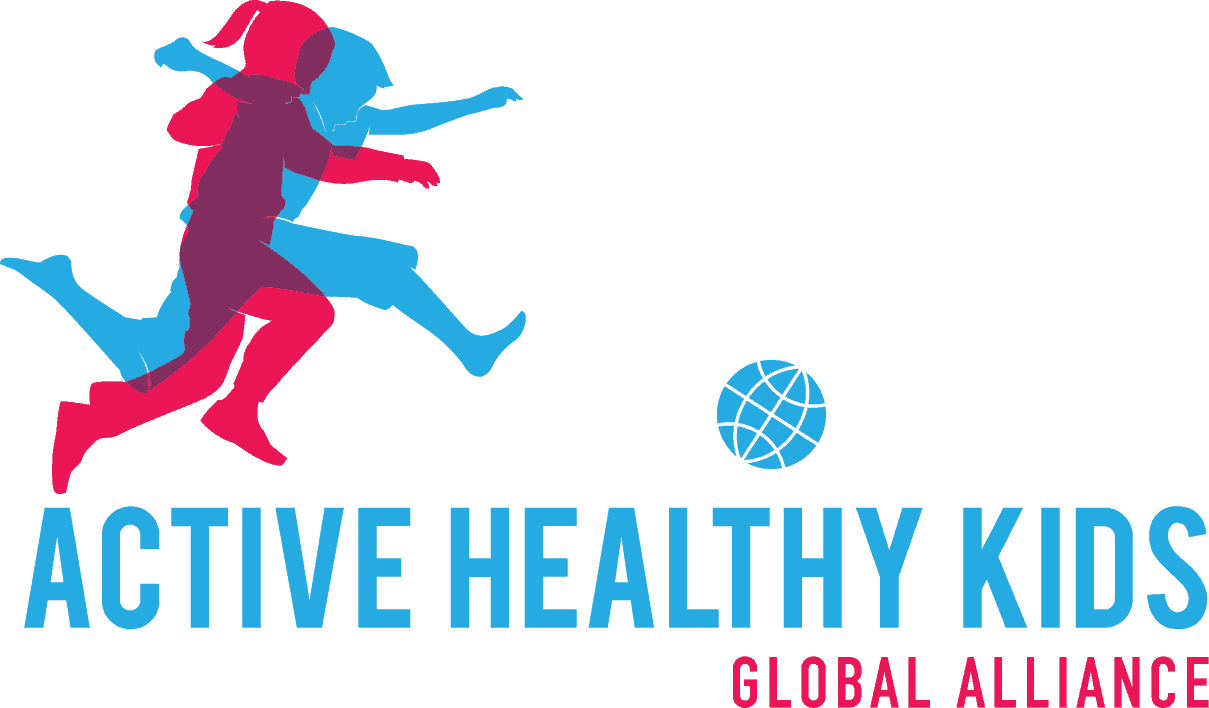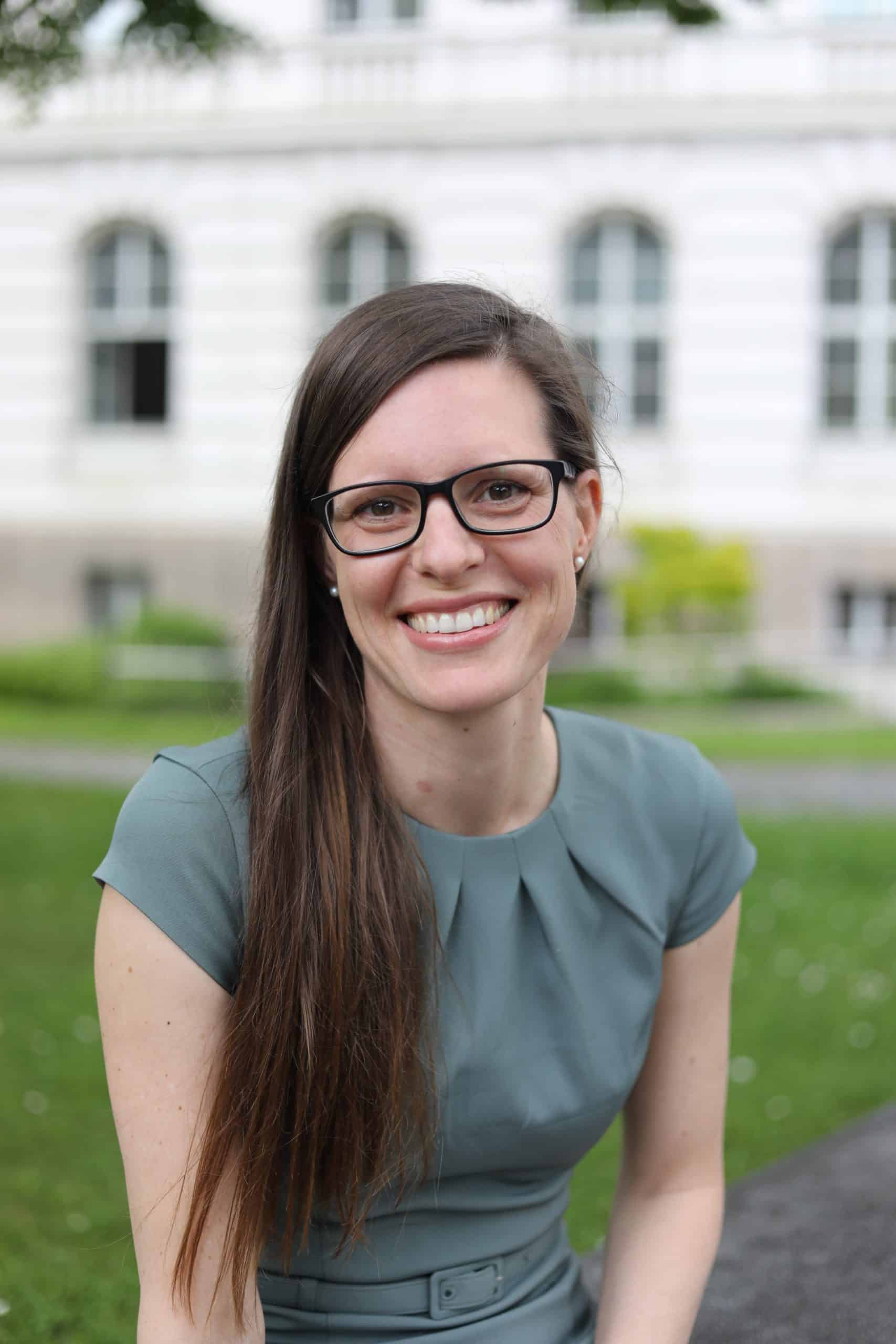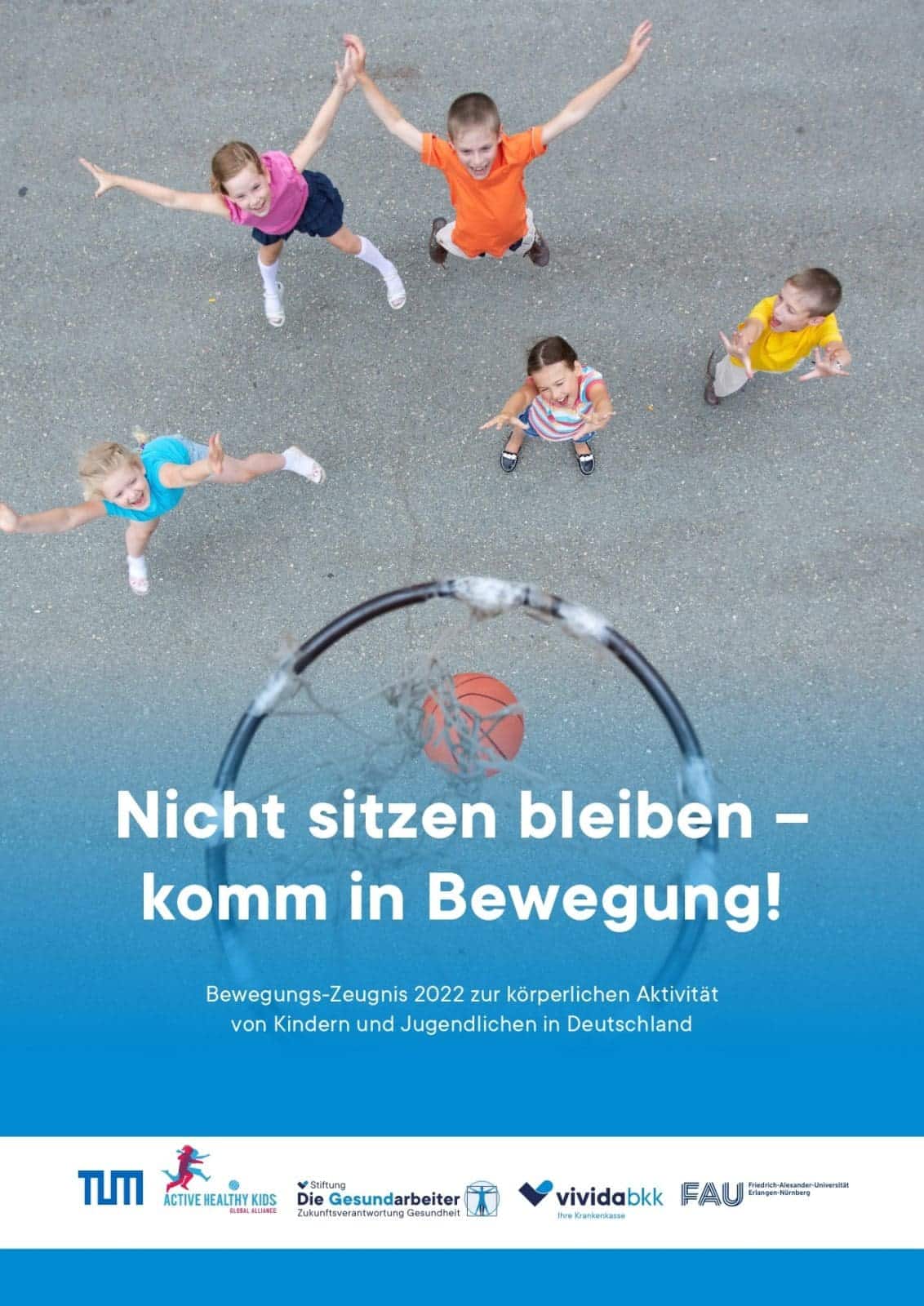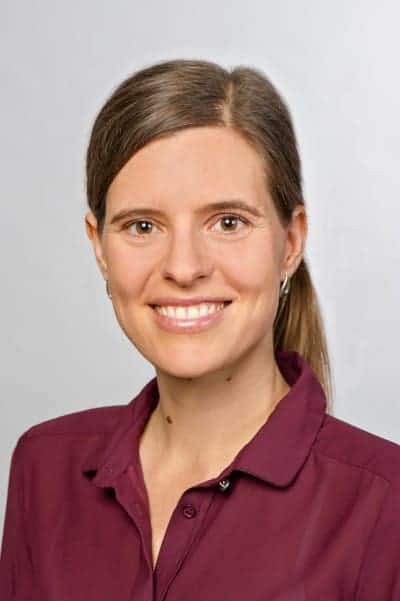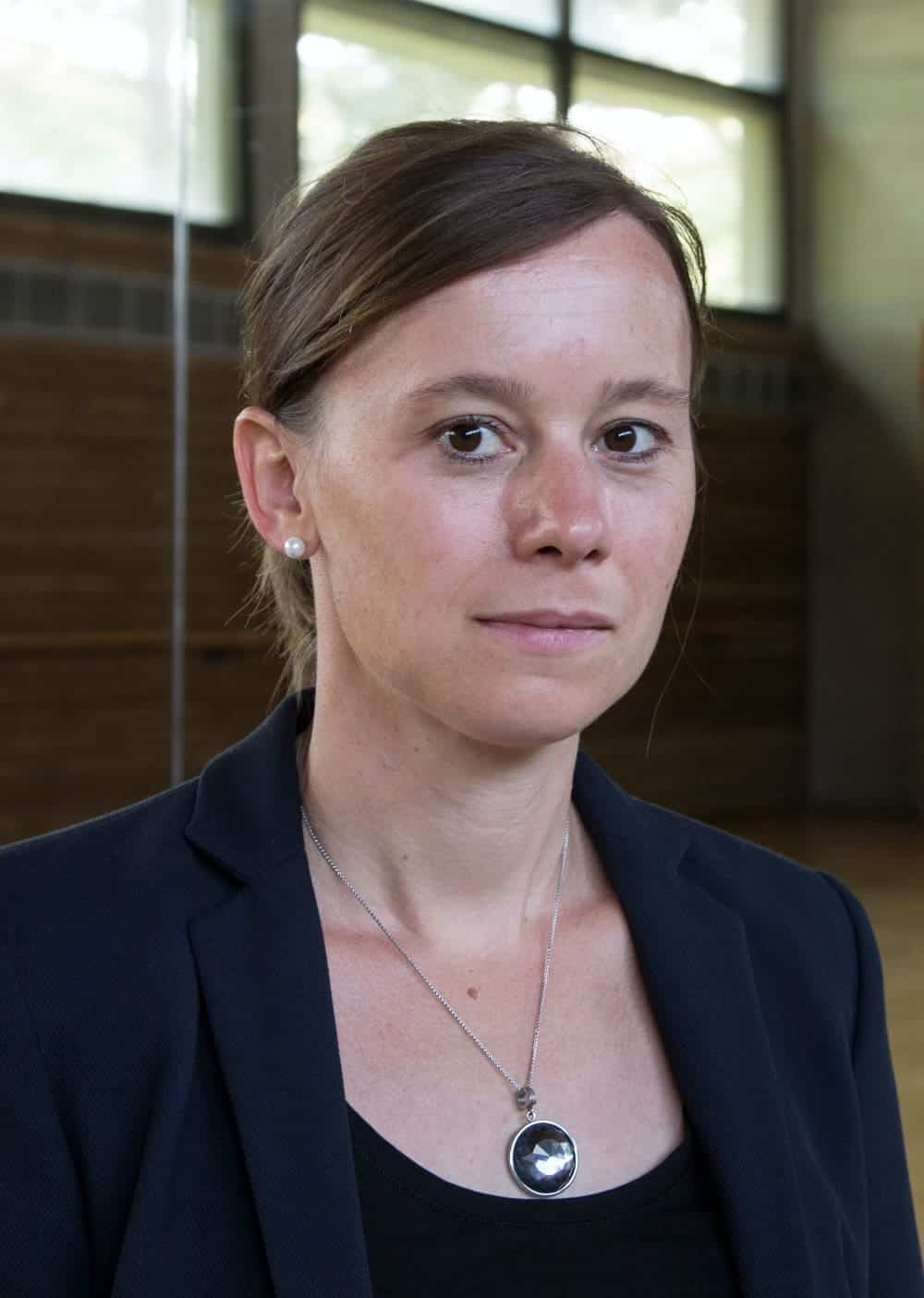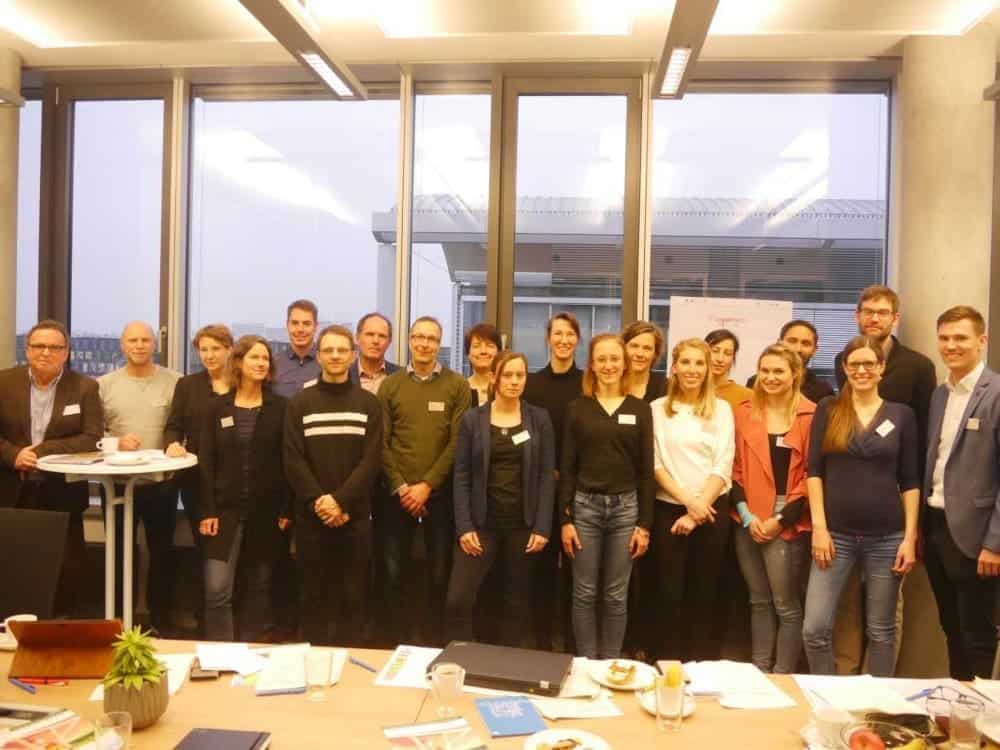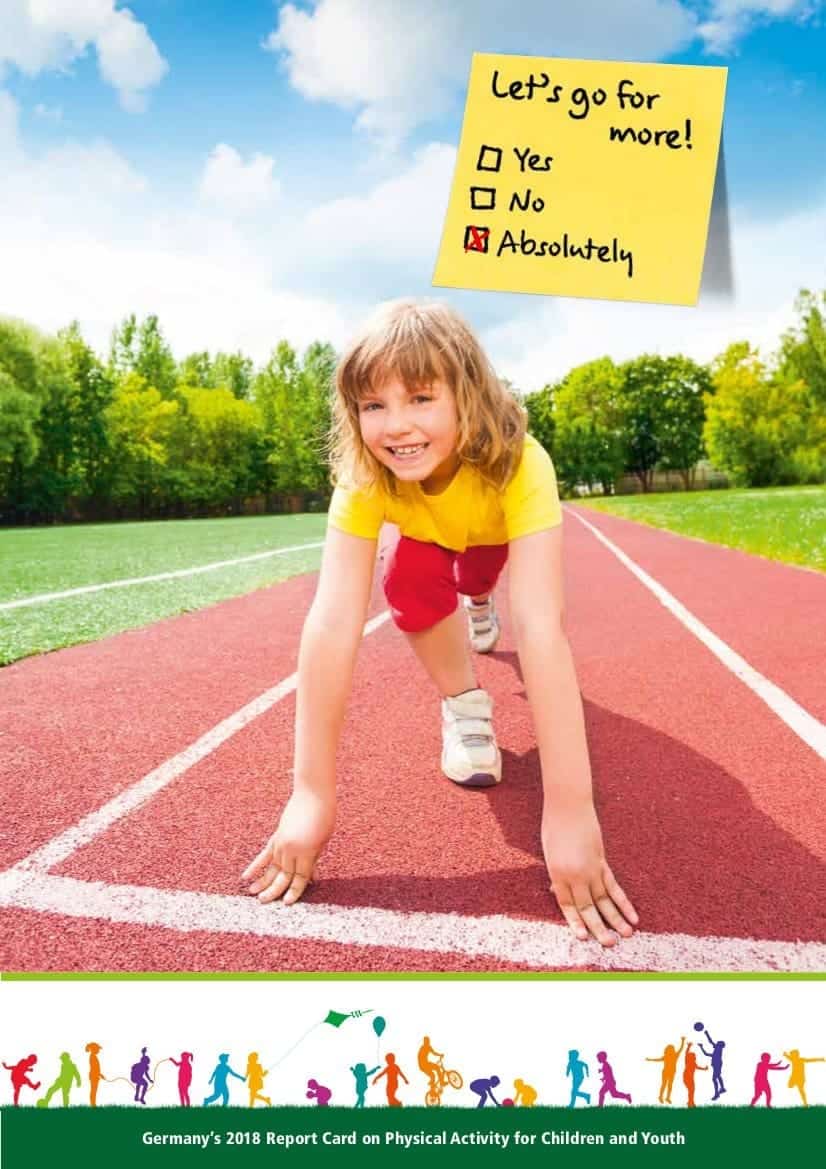

Report Card Leader
Yolanda Demetriou, PH.D.
Yolanda Demetriou studied Sports Science, Education and Psychology at the University of Freiburg in Germany. She received her PhD from the University of Tübingen in 2012. She was appointed Professor of Educational Science in Sport and Health at the Technical University of Munich in 2014, was appointed Professor of Active Mobility at the University of Innsbruck, Austria in 2023, and is currently Professor of Social Sciences in Sport at the University of Tübingen, Germany.
Yolanda Demetriou’s research focuses on physical activity in children and adolescents, with a particular interest in active mobility. She analyses the determinants and health outcomes of physical activity in adolescents, with a strong interest in the underlying mechanisms of behaviour change and educational processes in school settings. She leads the Active Healthy Kids Germany network.
Report Card Grades
- Overall Physical Activity: D-
- Organized Sport and Physical Activity: B-
- Active Play: C-
- Active Transportation: C
- Sedentary Behavior: C
- Physical Fitness: D+
- Family and Peers: C
- School: B-
- Community and Environment: B-
- Government: INC
Related Links
Report Card Leaders
Yolanda Demetriou, Ph.D.
Yolanda Demetriou is a professor of Educational Science in Sport and Health at the Technical University of Munich in Germany since 2014. Her research aims to improve the understanding regarding the mechanisms of physical activity behaviour based on solid theoretical and empirical findings, and thus to contribute to higher physical activity levels in children and adolescents. In the current projects, the importance of conducting sex/gender inclusive programmes to promote physical activity is highly emphasized. Within the framework of the Third Mission of universities, she aims to provide the knowledge transfer to target groups outside of the university (e.g., practitioners, politicians, pupils) by adequately preparing and integrating scientific knowledge in societal discourses.
Anne Kerstin Reimers, Ph.D.
Anne K Reimers is a professor of physical activity and public health at the Friedrich-Alexander-University in Erlangen-Nuremberg (Germany) since 2019. She studied sports science at the German Sport University Cologne and finished her PhD studies at the University of Constance. Her research interests are in the fields of physical activity promotion, the assessment and population-based monitoring of physical activity, domain-specific determinants of physical activity and health inequalities and gender-sensitive physical activity promotion with a special focus on children and adolescents.
Report Card Team
Report Card Grades
- Overall Physical Activity: D-
- Organized Sport and Physical Activity: B
- Active Play: D-
- Active Transportation: C-
- Sedentary Behavior: D-
- Physical Fitness: INC
- Family and Peers: B-
- School: B+
- Community and Environment: B+
- Government: INC
Related Links
Top Three Priorities
- Promote active transport to school
- Reduce sedentary time in and after school through teacher and parent education
- Increase funding for the evaluation of policies to promote physical activity
Report Card Leader
Yolanda Demetriou, Ph.D.
Yolanda Demetriou is a professor of Educational Science in Sport and Health at the Technical University of Munich in Germany since 2014. Her research aims to improve the understanding regarding the mechanisms of physical activity behaviour based on solid theoretical and empirical findings, and thus to contribute to higher physical activity levels in children and adolescents. In the current projects, the importance of conducting sex/gender inclusive programmes to promote physical activity is highly emphasized. Within the framework of the Third Mission of universities, she aims to provide the knowledge transfer to target groups outside of the university (e.g., practitioners, politicians, pupils) by adequately preparing and integrating scientific knowledge in societal discourses.
Testimonial
"We are honoured to be part of the AHKGA 3.0 in Adelaide. The Report Card initiative is a great tool to sensitise countries around the world about the importance of physical activity and the necessity of actions against inactivity." - Yolanda Demetriou, Ph.D.
Conference Abstract: Movement to Move
Results from Germany’s 2018 Report Card on Physical Activity for Children and Youth
Demetriou, Y., Schlund, A., Bucksch, J., Reimers, A.K., Niessner, C., Schmidt, S., Mutz, M.,
Vogt, L., Völker, K., Finger, J., Woll, A., Hebestreit, A.
Background:
The German Report Card on Physical Activity for Children and Youth 2018 provides a comprehensive evaluation of physical activity (PA) levels and correlated indicators using the Active Healthy Kids Canada (AHKC) grading framework. The Report Card aims to evaluate and benchmark the national actions promoting PA in children and youth in Germany with the ultimate aim to raise awareness for the promotion of PA.
Methods:
The 2018 German Report Card evaluates adherence to PA recommendations and effectiveness of interventions identified by an expert panel. Sources included national surveys, peer-reviewed literature, and government and non-government reports. The expert panel assigned grades (i.e. A, B, C, D, F, or INC (incomplete)) to the 10 Report Card indicators using the benchmarks provided by the AHKC.
Results:
The following grades were awarded:
| Indicator | Grade |
| Overall Physical Activity | D- |
| Organized Sport Participation | B |
| Active Play | D- |
| Active Transportation | C- |
| Sedentary Behaviours | D- |
| Physical Fitness | INC |
| Family and Peers | B- |
| School | B+ |
| Community and Environment | B+ |
| Government | INC |
Conclusions:
For Germany, the expert panel assigned good grades for indicators relating to setting and sources of influence (i.e. family and peers, school and community and the built environment). Nevertheless, a large proportion of children and youths in Germany failed meeting the WHO-recommendations for PA and engaged in high levels of sedentary behaviours (SB) despite the favourable condition within the relevant settings. Therefore, we assigned poor grades for the behavioural indicators overall, for PA, SB, active play and active transportation except the indicator Organised Sport Participation that has a strong tradition in Germany. Still, membership in a sport club did not increase PA levels sufficiently and generally, poor PA grades call for further actions facilitating PA enhancement and create environments supporting an active living for German children and youth.
